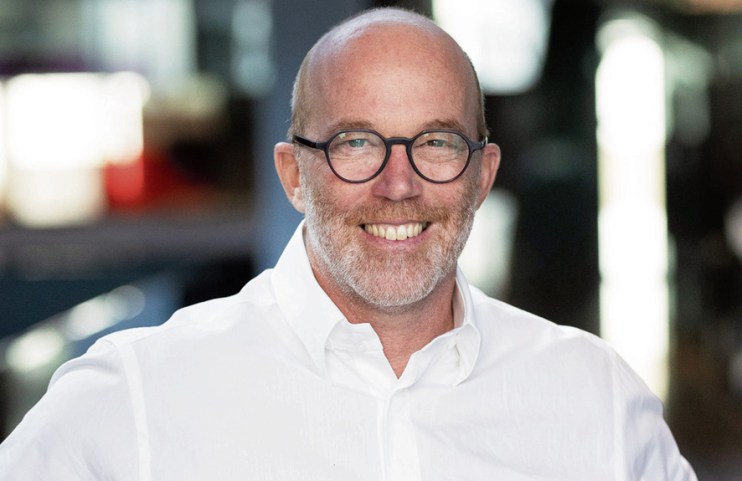Why has US tech surged ahead of the UK? Naked ambition, says top investor

The deep pockets of US investors are often touted as the fuel behind its world-dominating tech industry, but the real reason may be a more personal and immaterial one.
At least, that’s the view of one of Europe’s top venture capitalists, Oliver Holle, founder and chief of pan-European seed stage investor Speedinvest.
In an interview with City A.M. at the firm’s London base, Holle says that European founders have historically lacked the naked ambition of their US peers and have been too willing to sell up rather than go on to create multi-billion dollar companies.
“The big advantage of the US ecosystem was that the level of ambition was 10 times that of Europe,” Holle said.
“If you’re a good founder on the West Coast [of the US], you will never sell for $67m. [But] in Europe, at least where I was coming from, selling for this kind of money was a great success.”
Austrian-born Holle, added that even if founders “had the same skill set”, the level of ambition was “so different”, and combined with deeper pools of funding meant “people were just building bigger companies”.
The comments point to troubles plaguing the UK and Europe as founders sell-up or head to the States rather than grow firms on this side of the Atlantic.
Ministers and regulators in the UK have been scrambling to unlock fresh pools of capital to flow into firms at the so-called growth stage and help ramp up the amount of founders growing their firms in the UK.
Holle, who manages over $1bn in assets and in December shrugged off the VC downturn to raise a fresh £429m fund at the firm, said the picture on this side of the Atlantic, however, was improving.
Outside a slowdown in the UK tech environment this year amid a torrid year globally, UK tech has held up better than expected in a post-Brexit world, he added.
“Brexit has to hurt because there’s less talent – that’s just logic that has to be the case – but so far, I thought it was very interesting to see how little impact [there has been],” he said.
“There is an added layer of uncertainty [to accessing talent]. But again, I would have thought that the impact would be much more brutal.”
As an early-stage seed investor, Holle says his area of the market has been more insulated from some of the travails gripping the venture industry
“With more than 100 companies [per fund] in a portfolio. It makes us quite a bit more resilient,” he said.
“Our flagship funds have suffered very little actually in total performance. Because even if we have one of these companies where we are wiped out, it’s one of 10 or one or 15 companies that are the major drivers [of performance].”